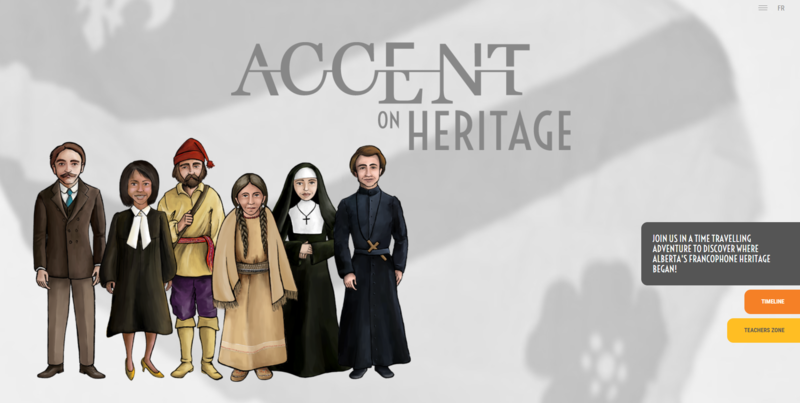Intermediate – Middle School
The Confederation Debates: Manitoba Intermediate Mini-Unit
This mini-unit for intermediate/senior-level classes helps students to understand and analyze the key ideas and challenges that preceded the creation of Manitoba. The first section deals with the debates in the provincial and/or federal legislatures, while the second section addresses more specifically founding treaty negotiations with the First Nations. Each section can be taught independently.
The activities and attached materials will help students understand the diversity of ideas,...


 Created by
Created by